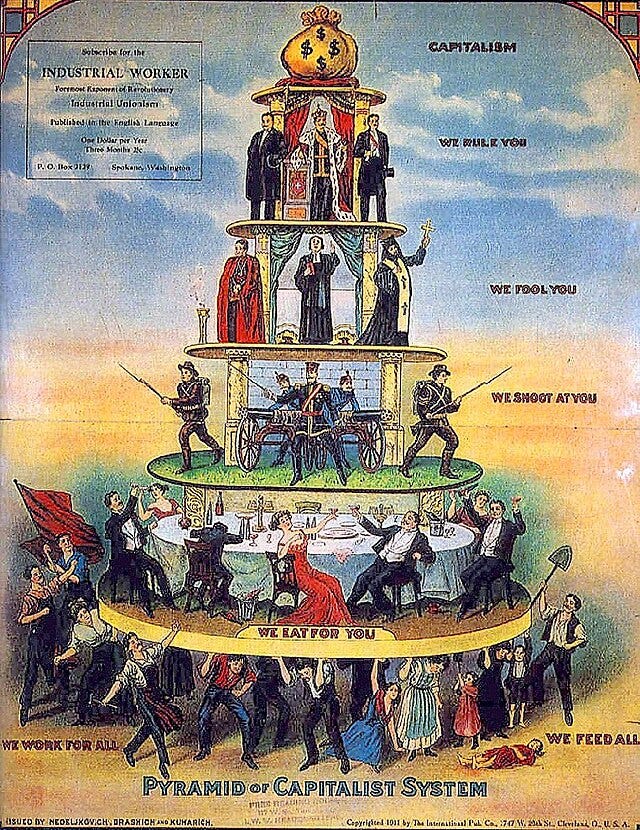Is Ozempic the issue, or is the problem how we treat women's bodies?
Women are viewed as objects of consumption.
CW: Weight loss, body and eating disorders, body shape. No before and after weight photos are used throughout the article.
“All these motherfuckers have been on HGH (Human Growth Hormone) forever. I never saw one fucking Time magazine cover about it. The men are all on HGH. That’s why all the superheroes and movie stars have been so fit after age 40. What do you think has happened? They’re on drugs!” - this is Busy Philipps on “Lovett or Leave It”, talking to the host Jon Lovett.
I have not seen a single person mention this before, but in a conversation about Ozempic, Busy Philipps alludes to the double standards women face, when their bodies are discussed. And their bodies are truly discussed.
“Oh God, people hate women so much”, she sighs in between sentences.
From the early days of shaming menstruation, to trauma based puberty and sexualising growing bodies — women are viewed as objects of consumption.
On media platforms, articles tell us who has gained weight, had surgery, a child, a divorce, a bad day, a breakdown, rehab. And we consume.
We’re shown before and after pics of people who have used Ozempic and who has lost weight — fingers are pointed at celebrities and shame is used again. We are told “you’ll lose weight, but your face will age considerably!”
And while many are discussing the harmful effects of the drug, we should also be discussing why people — especially young people — are influenced to lose weight.
We are inundated with body positivity movements, but much like people of colour, this positivity is just for diversity tick boxes, because the reality is that thin bodies are still the most desired, despite the health conditions they create.
No matter how many ‘body positive’ movements we subscribe to on social media, the pharmaceutical industry of health and beauty will penetrate our feeds. We will be told we can be fat, but not THAT fat. We can be brown but not THAT brown. Loud but quieter. Political but silent.
Everything has a limit.
The spaces we are told are for us, are actually designed to trap us. Lululemon is an example of wellness and wealth, wrapped in a cult — and a racist CEO, who thinks the name is “funny to watch [Japanese people] try to say it.”
And yet, women flock to this brand, in order to buy into the lifestyle they sell. Not the fault of women — the fault of patriarchal marketing.
This isn’t a new problem — women have been told how to look since the beginning of time. But new trends and diet pills that come and go have become more prolific. As we have more avenues to access young people, patriarchal marketing has more face time to tell them what parts of their bodies need to immediately change.
We can’t blame these young people — how can we live in a world that exists as a money tree hierarchy, and then yell at people who adhere by it?
This is the fault of the people sitting on that money tree.
Never forget that.
So what can we do?
Body positivity has been eaten up by Diversity & Inclusion managers, the file closed, campaign over, invoices paid. And the conversation ends, with a thin white body.
We cannot celebrate different bodies, just to then be quiet about it when it suits us.
Because the fact is that, this is racial, sexual, gender-based, able-bodied and historically imperialist.
Body shapes, sizes, diets, consumption — are all based round histories that revolve around geography, famine, climate and indigenous living.
If we free one person, we have to free them all, because capitalist structures have done the same thing to everything — trapped them for money.
So, don’t sleep on body positivity. Stop using people just for campaigns. Stop saying no one cares about body hair. Stop talking so much about weight-loss.
And please, stop discussing bodies as trends.
People’s lives are at stake.






